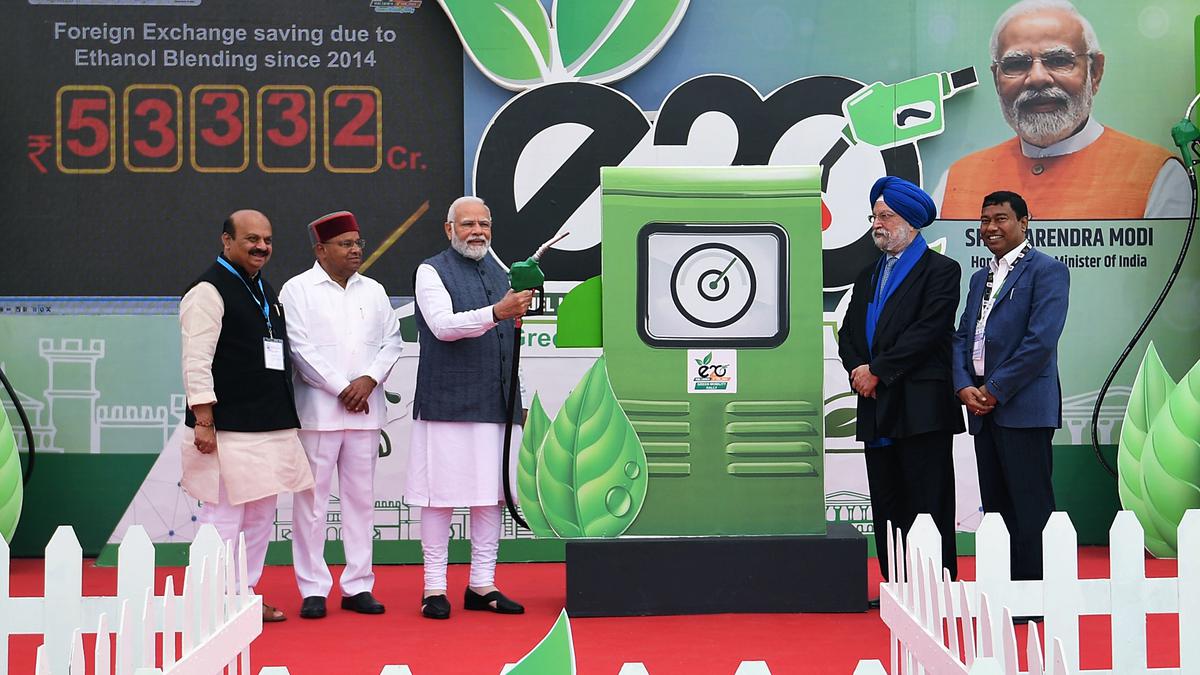
Image Source: thehindu
In recent developments, India's exclusion from a coalition comprising 118 nations dedicated to the advancement of green energy has raised concerns and sparked discussions across global platforms. The coalition, aimed at fostering sustainable energy practices and combatting climate change, underscores the crucial role nations play in shaping a greener future.
From a UPSC perspective, this exclusion necessitates a comprehensive analysis of the factors contributing to India's absence from this coalition and its potential implications.
The Significance of Green Energy Initiatives
Green energy initiatives have gained immense importance globally, with nations increasingly focusing on renewable energy sources to mitigate environmental degradation and reduce dependence on fossil fuels. The coalition's formation signifies a unified effort to address climate challenges and transition towards sustainable energy systems.
India's Absence and Possible Reasons
India, a nation with a burgeoning population and significant energy demands, has made substantial strides in renewable energy. However, its exclusion from this coalition raises questions about the underlying reasons. Potential factors contributing to this exclusion could be:
- Policy Misalignment: India's energy policies might not align entirely with the coalition's objectives, leading to its exclusion.
- Technical Constraints: The coalition might require specific technological benchmarks or commitments that India hasn't met.
- Geopolitical Considerations: Geopolitical dynamics and international relations might have influenced India's exclusion from this coalition.
Implications for India
The absence of India from such a significant coalition could have various ramifications:
- Economic Impact: India might miss out on collaborative opportunities, impacting its access to technological advancements and funding in the green energy sector.
- Global Standing: Exclusion may affect India's global image concerning environmental commitments and climate change initiatives.
- Domestic Development: It could potentially encourage India to bolster its domestic efforts towards green energy and align policies with global standards.
Way Forward
For India to actively participate in global green energy initiatives and regain its footing in such coalitions, a multi-pronged approach is essential:
- Policy Reform: Aligning national policies with global green energy objectives to enhance compatibility and participation in international collaborations.
- Technological Advancements: Invest in research and development to meet technical requirements and achieve benchmarks set by such coalitions.
- Diplomatic Engagement: Strengthening diplomatic ties and international engagements to ensure India's active involvement in global initiatives.
The exclusion of India from a coalition dedicated to advancing green energy underscores the need for concerted efforts to bridge gaps and reaffirm India's commitment to sustainable development and environmental conservation.